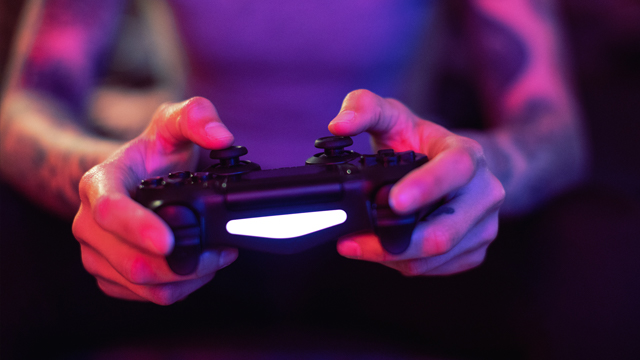Gaming disorder was officially recognized as an illness by the World Health Organization (WHO) at the 72nd World Health Assembly on Saturday. Gaming disorder was included in the eleventh revision of the International Statistical Classification of Diseases and Related Health Problems (ICD-11) last June. Despite opposition, the WHO agreed to officially adopt ICD-11 at the World Health Assembly.
The International Statistical Classification of Diseases and Related Health Problems is a database used for research and clinical care. It contains approximately 55,000 medical issues and hasn’t received a major revision since 1990. Gaming disorder will now be included among everything from small abrasions to terrible viruses.
Before we all get a bit too introspective, angry, or start throwing around hyperbolic statements, we should break down what exactly qualifies as “gaming disorder.” Being a gamer is not a disorder. Even working professionally within gaming wouldn’t necessarily qualify, despite the numbers of hours that streamers and esports players put into their line of work. Gaming disorder by WHO standards means a person loses control over how often they spend gaming, they prioritize gaming over other interests and basic needs, and they continue to play games despite all negative consequences. To put it another way:
“For gaming disorder to be diagnosed, the behaviour pattern must be of sufficient severity to result in significant impairment in personal, family, social, educational, occupational or other important areas of functioning and would normally have been evident for at least 12 months.”
The initial disorder was met with opposition from video game trade groups, arguing that more research needed to be done and that gaming disorder could be a symptom of more serious underlying mental health concerns. The Entertainment Software Association released a statement saying that the label “recklessly trivializes real mental health issues like depression and social anxiety disorder.” ESA president Stanley Pierre-Louis discussed in an interview how video games do a world of good creatively, economically, and politically, and that the WHO ruling could put those efforts at risk.
The WHO insisted that the research came from reliable sources and was based on available evidence and expert consensus from across multiple disciplines. The ICD-11 will come into effect on January 1, 2022.
Image Credit: Marco_Piunti / Getty Images
When you click on a retail link, we might earn a commission that helps us support the site. Learn more here.






